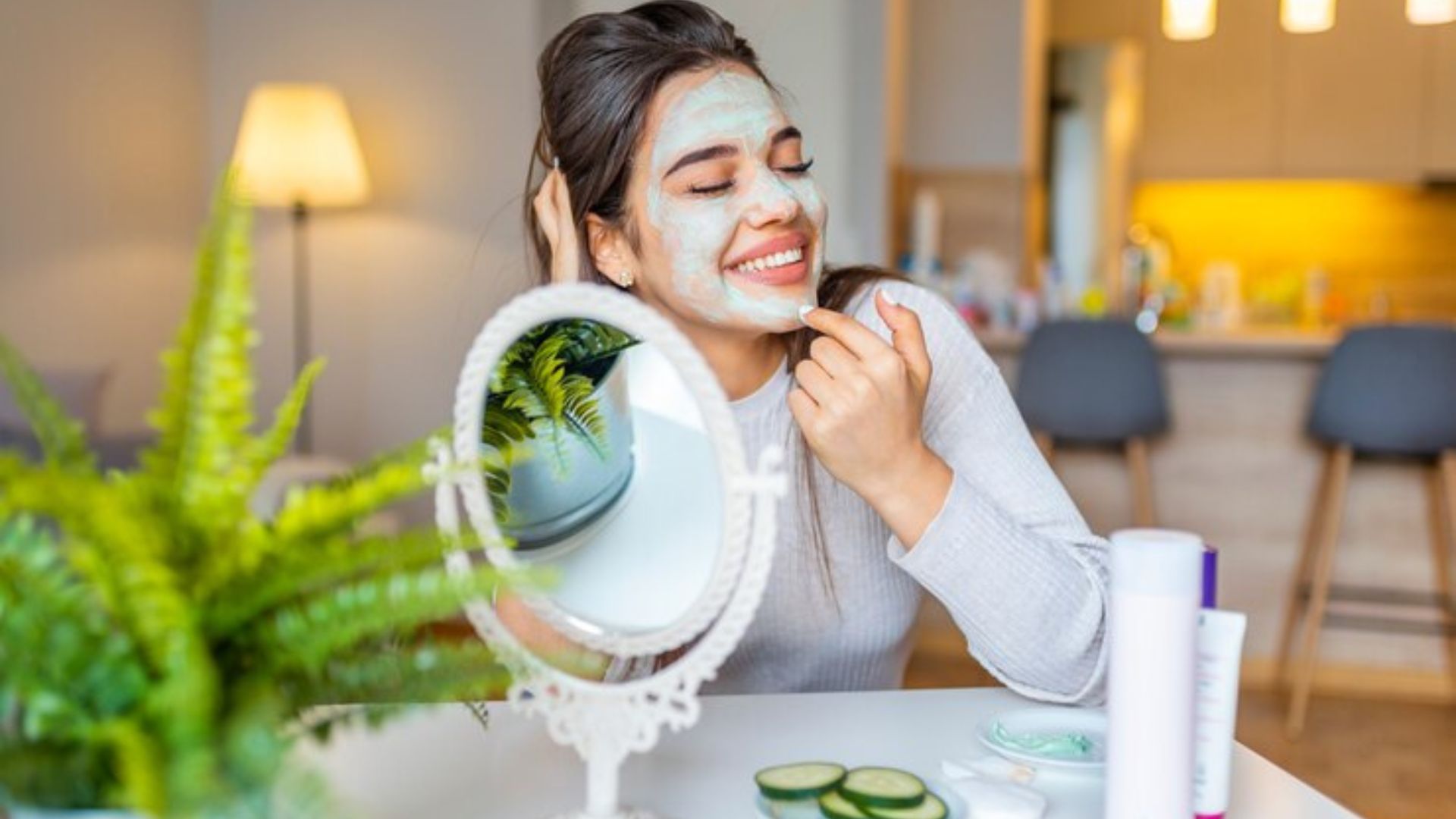Beaut Achieving flawless skin is a dream for many, and with the right knowledge and practices, it’s a goal that can be realized. In this comprehensive guide, we will delve into the secrets of beauty, exploring effective skincare routines, essential products, lifestyle choices, and tips that will help you attain and maintain radiant skin.
Understanding Your Skin
Before we dive into the secrets of flawless skin, it’s crucial to understand your skin type. This knowledge will help you choose the right products and treatments. Skin types generally fall into four categories:
Normal Skin: Balanced moisture and minimal sensitivity.
Dry Skin: Lacks moisture and can appear flaky or rough.
Oily Skin: Characterized by excess sebum production, leading to shine and potential acne.
Combination Skin: A mix of dry and oily areas, often with an oily T-zone.
Identifying Your Skin Type
To determine your skin type, start with a simple test:
Cleanse your face with a gentle cleanser and pat dry.
Wait for about an hour without applying any products.
Observe how your skin feels:
If it appears shiny, especially in the T-zone, you have oily skin.
If it feels comfortable and balanced, you have normal skin.
Essential Skincare Routine
An effective skincare routine is fundamental in achieving flawless skin. Here’s a step-by-step guide:
Cleansing
Cleansing is the first step in any skincare routine. It helps remove dirt, makeup, and impurities from the skin’s surface.
Frequency: Cleanse twice daily—once in the morning and once at night.
Product Selection: Choose a cleanser suitable for your skin type. Gel cleansers work well for oily skin, while cream-based cleansers are better for dry skin.
Exfoliation
Exfoliation removes dead skin cells and promotes cell turnover, revealing fresh skin underneath.
Frequency: Exfoliate 1-3 times a week, depending on your skin type.
Methods:
Physical Exfoliation: Scrubs or brushes.
Chemical Exfoliation: Products containing AHAs (alpha hydroxy acids) or BHAs (beta hydroxy acids).
Toning
Toners help restore the skin’s pH balance and prepare it for better absorption of subsequent products.
Choosing a Toner: Opt for alcohol-free toners with hydrating ingredients like hyaluronic acid or rose water.
Serum
Serums are concentrated formulations that target specific skin concerns.
Key Ingredients:
Vitamin C: Brightens skin and fights free radicals.
Hyaluronic Acid: Provides deep hydration.
Retinol: Encourages cell turnover and reduces signs of aging.
Moisturizing
Moisturizing is crucial, regardless of your skin type. It keeps the skin hydrated and helps maintain its barrier.
Selecting a Moisturizer:
For Oily Skin: Lightweight, oil-free moisturizers or gels.
For Dry Skin: Creamy, rich moisturizers with emollients.
Sun Protection
Protecting your skin from UV damage is essential for maintaining a flawless complexion.
Daily Sunscreen: Use a broad-spectrum sunscreen with an SPF of 30 or higher, even on cloudy days.
Lifestyle Choices for Healthy Skin
In addition to a proper skincare routine, your lifestyle choices play a significant role in achieving flawless skin.
Hydration
Drinking plenty of water keeps your skin hydrated from the inside out. Aim for at least 8 glasses a day, and consider increasing your intake if you’re active or in a hot climate.
Diet
Your diet significantly impacts your skin’s health. Incorporate the following foods:
Fruits and Vegetables: Rich in vitamins and antioxidants.
Healthy Fats: Foods like avocados and nuts support skin elasticity.
Lean Proteins: Essential for skin repair and regeneration.
Sleep
Adequate sleep is crucial for skin repair. Aim for 7-9 hours of quality sleep each night to help your skin recover from daily stressors.
Stress Management
Chronic stress can lead to skin issues such as breakouts and dullness. Incorporate stress-reducing practices into your routine, such as yoga, meditation, or regular exercise.
Advanced Skincare Treatments
If you’re looking for more dramatic results, consider these advanced skincare treatments:
Facials
Regular facials can deeply cleanse and nourish your skin. Look for facials that suit your skin type and concerns, such as hydrating facials for dry skin or deep-cleansing facials for oily skin.
Chemical Peels
Chemical peels exfoliate the skin more deeply than at-home treatments, helping to reduce fine lines, sun damage, and uneven texture. Consult a dermatologist to determine the right peel for your skin.
Microneedling
This treatment uses tiny needles to create micro-injuries in the skin, promoting collagen production and improving texture. It’s effective for acne scars and overall skin rejuvenation.
Laser Treatments
Laser treatments can address various skin concerns, including pigmentation, redness, and fine lines. Consult a licensed professional to discuss your options.
Conclusion
Achieving flawless skin is a journey that involves understanding your skin type, following a consistent skincare routine, making healthy lifestyle choices, and considering advanced treatments if necessary. With patience and dedication, you can unlock the secrets of beauty and enjoy the confidence that comes with radiant, healthy skin.
ALSO READ:Tot Lot Fun: The Best Playgrounds For Toddlers
FAQs
How long does it take to see results from a skincare routine?
Results can vary based on your skin type and concerns, but typically, you may start to see improvements within 4-6 weeks of consistent use of a skincare routine.
Can I use multiple active ingredients in my routine?
Yes, but it’s essential to introduce them gradually and be mindful of potential irritation. For example, avoid using retinol and AHAs/BHAs at the same time.
Is it necessary to use a toner?
While not essential, toners can provide additional hydration and help prepare the skin for better absorption of serums and moisturizers.
How often should I get professional facials?
Depending on your skin type and concerns, getting a facial every 4-6 weeks is generally recommended to maintain skin health.
What are some common causes of skin issues?
Common causes include hormonal changes, stress, diet, lack of hydration, and using the wrong products for your skin type.

